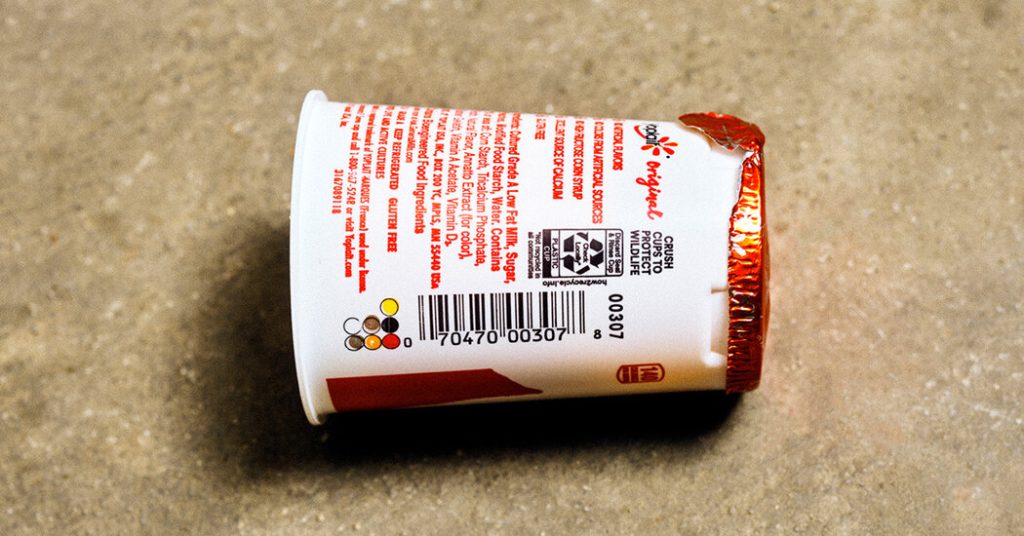Can Plastic Recycling Ever Really Work?
2 min read
This more expansive, “if only” definition of recyclability is a common industry refrain. “Why say, because it can’t be recycled today, we should stop claiming it to be recyclable,” said Matt Seaholm, president and chief executive of the Plastics Industry Association, “when we actually can invest and improve the infrastructure to get to where it needs to be?”
Part of the debate is what it means to recycle. In a recent memo, the E.P.A. recommended that a material be marketed as recyclable only if it has a “strong end market,” meaning it’s sold at a price that’s higher than what it would cost to simply throw it away. The chasing arrows symbol, the agency said, “does not accurately represent recyclability, as many plastics (especially 3-7) do not have end markets and are not financially viable to recycle.” The agency did note, however, that a growing number of recycling facilities are accepting polypropylene.
Judith Enck, a former E.P.A. official and the founder of Beyond Plastics, notes that while recycling centers can accept all kinds of plastic, sorting the myriad types and then cleaning and refashioning each into new materials is a different matter. Contrary to the plastics industry’s claims, she argues that no amount of money could meaningfully expand plastic recycling beyond No. 1 and No. 2 bottles and jugs. “Plastic recycling only exists in the minds of public relations agencies that are promoting plastics,” she said.
One reason: chemistry. Unlike paper, glass or aluminum, plastics are incredibly diverse. Each type of plastic has its own mix of resins, colors and toxic chemicals. A hard-plastic orange laundry detergent jug and a clear squeezable ketchup bottle “can never get recycled together,” Ms. Enck said, because the resulting material would be useless. Even green No. 1 bottles cannot be recycled with clear No. 1 bottles.
Jeff Donlevy, general manager of Ming’s Recycling in Hayward, Calif., compared plastic to cheese: Although most cheeses are made from milk, as most plastics are made from fossil fuels, he said, “you just can’t melt all that cheese down again and recreate a new cheese that somebody likes.”





